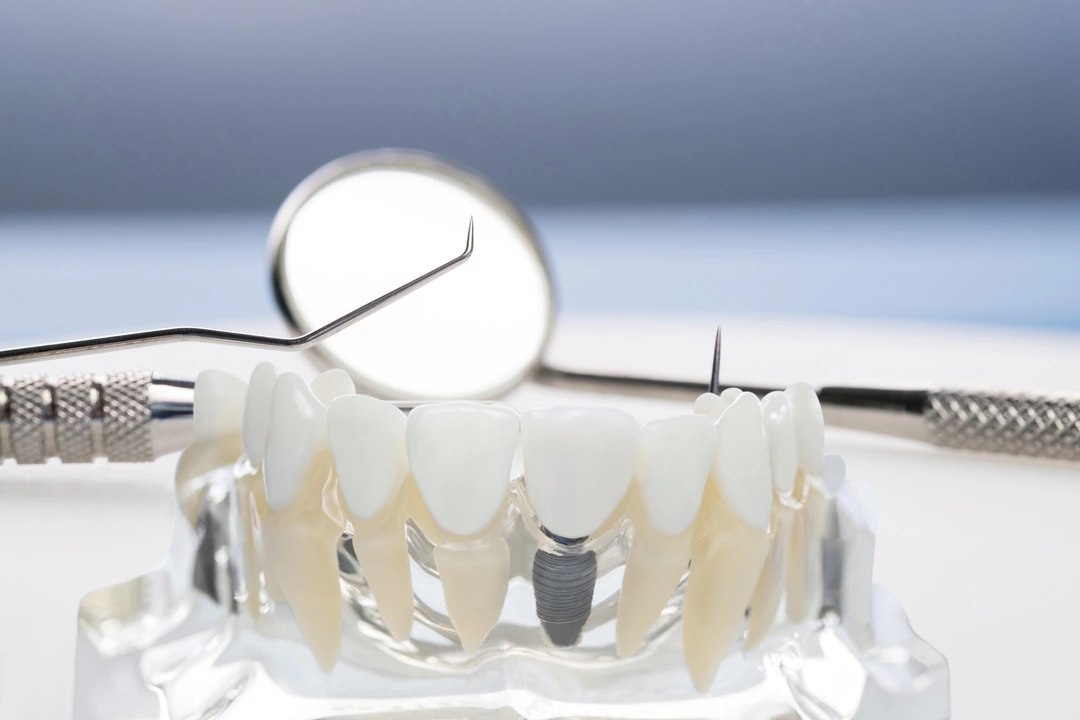Acyclovir: Uses, Doses, Side Effects, and Safe Buying Tips
If you've been prescribed acyclovir or are researching antivirals, this page gives clear answers about what acyclovir treats, common doses, side effects to expect, and how to get it safely.
What it treats: Acyclovir is an antiviral used for herpes simplex (cold sores and genital herpes), shingles (herpes zoster), and chickenpox. It helps reduce symptoms, speeds healing, and lowers viral shedding.
Common oral doses: For genital herpes the usual adult dose is 400 mg three times a day for 7 to 10 days for the first episode. For recurrent outbreaks, 400 mg three times a day for five days or 800 mg twice a day for five days are common options.
Shingles dosing is usually higher: 800 mg five times a day for seven to ten days. For severe or hospitalized cases, acyclovir can be given intravenously—doses are weight based, typically 5 to 10 mg per kg every eight hours.
Kidney function matters: Acyclovir is cleared by the kidneys. If you have reduced kidney function your doctor will lower the dose or stretch the dosing interval to avoid buildup and kidney injury.
Side effects you might notice include nausea, headache, and dizziness. Less common but serious issues include kidney problems, confusion, and allergic reactions. If you notice dark urine, swelling, sudden confusion, or extreme fatigue call your doctor.
Interactions are limited but important. Probenecid can increase acyclovir levels. Drugs that stress kidneys, like some NSAIDs and certain antibiotics, can increase risk of kidney injury when combined with acyclovir. Tell your prescriber about all medicines and supplements.
How fast does it work? Start treatment as soon as symptoms appear. For cold sores and genital outbreaks early treatment shortens healing and reduces pain. For shingles, starting within 72 hours of the rash gives the best chance to reduce complications.
Buying and saving
You can buy acyclovir by prescription at local pharmacies. If shopping online, use licensed pharmacies with verifiable contact info and pharmacist access. Beware of sites offering huge discounts without prescription; those often sell counterfeit or unsafe drugs. Our site has articles on buying antivirals safely and about Valtrex—check them for tips.
When to call a doctor
Seek medical help if symptoms worsen, you develop a high fever, are unable to keep fluids down, or notice signs of kidney trouble. If you have a weakened immune system, contact your provider quickly—antiviral treatment may need IV administration. Keep a list of your medications and kidney history when you call.
Want more? Browse linked posts on this tag for detailed guides about Valtrex, buying meds online, and related antiviral topics.
Pregnancy and breastfeeding: Acyclovir is often used in pregnancy for herpes to lower neonatal transmission risk; discuss with your obstetrician. For breastfeeding, small amounts pass into milk—doctor will weigh benefits vs risks. Store tablets in a cool dry place; do not use expired medicine.
Pediatric dosing varies by age and weight; don't guess—use exact weight-based doses from a pediatrician or pharmacist. Keep questions ready.
